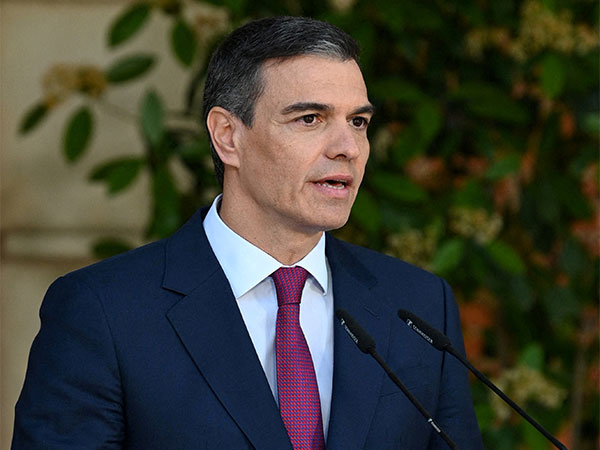Spain Moves to Combat Fake News Amid Controversy
Spain introduced measures to limit the spread of fake news, drawing criticism from conservative opposition accusing the government of attempting to censor media. Prime Minister Pedro Sanchez emphasized the need for reliable information for democracy. The rules align with the European Media Freedom Act and would apply to all media.

On Wednesday, Spain unveiled measures aimed at curbing the spread of fake news, a move criticized by the conservative opposition as an attempt to censor dissenting media.
'Without free media of quality, there is no democracy,' stated Socialist Prime Minister Pedro Sanchez, stressing the importance of reliable and diverse information sources in an address to the lower house. The initiative comes amid a heightened debate around media freedom, coinciding with the European Parliament elections and other global electoral events.
In response to evolving news consumption trends, the rules will target all media types, including social platforms, messaging, and video apps. This brings Spain in line with the European Media Freedom Act, designed to regulate media and protect journalists from state intrusion. However, the timing raises questions, with Sanchez's wife, Begona Gomez, soon to appear in court over a corruption case dismissed by Sanchez as oppositional slander.
The conservative People's Party labeled the measure as 'law of censorship' on X. They argue the bill seeks to 'control the critical media' and are calling for the defense of free speech. Sanchez reassured that the government will not grant any media its 'stamp of approval.' Additionally, he proposed transparency measures for media ownership, funding sources, and audience data, alongside a 100 million euro subsidy to support traditional media's digital transition.
(With inputs from agencies.)
ALSO READ
Kangana Ranaut's 'Emergency' Film Faces Censorship Challenges
White House Urges Tech Giants to Boost Support for Anti-Censorship Tools
Release of Kangana Ranaut’s ‘Emergency’ Delayed Amid Censorship Controversy
Battle Over Censorship: Brazil's Conservative Party Challenges Ban on Musk's X
White House Rallies Tech Giants for Censorship Evasion Support










